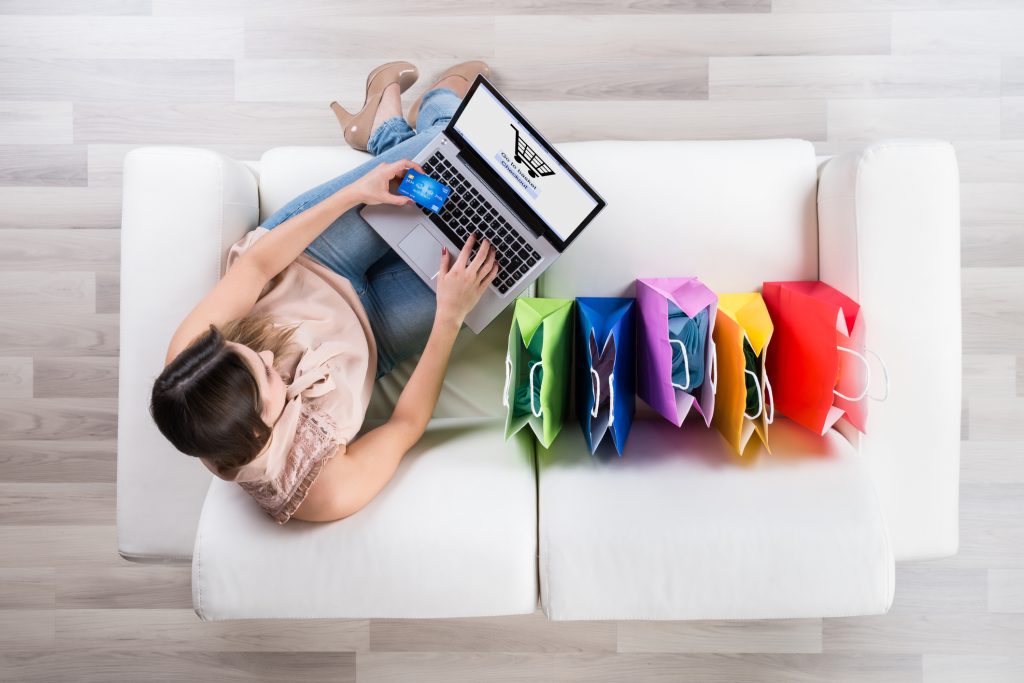In a nutshell: Fake merchandise isn’t just a concern for consumers. Small businesses should be aware of the latest developments, know what the government is doing to help and seek opportunities for education.
As retailers from mom-and-pops to multinationals rapidly shift their customer interactions online, an unsavory segment of the marketplace is slinking along in the shadows: counterfeiters.
Federal agents seized counterfeit products with an estimated retail value totaling $1.4 billion in 2016, with Chinese goods accounting for nearly half of that total. Counterfeit clothing, fashion accessories, consumer electronics, shoes and watches were the most common items to be confiscated.
“The theft of intellectual property and the sale of fake goods threaten America’s economic vitality, national security, and the health and safety of Americans,” according to the U.S. Customs and Border Protection (CBP). “Trade in these illicit goods funds criminal activities and organized crime.”
Safeguards for Small Retailers
While the digital age gives small businesses — startup stores and independent retailers — access to suppliers around the globe, it also exposes them to the risk of unwittingly purchasing illegal knockoff goods. Meanwhile, artisans such as jewelry makers and clothing designers face the prospect of finding fake versions of their handiwork on e-commerce websites.
Unlike major corporations such as the National Football League, Gucci and Nike, small business owners lack the financial muscle to pursue counterfeiters through the court system.
In 2016, CBP established its E-Commerce and Small Business Branch to prevent “inferior and unsafe merchandise from entering into the global commerce.” The agency noted that e-commerce sales were projected to surpass $4 trillion by 2020. Although online platforms bring benefits, they “also elevate the risk and opportunity for criminal trade.”
Safeguards for small retailers also are drawing lawmakers’ attention. In May 2018, the U.S. House of Representatives Committee on Small Business held a hearing about intellectual property protections for small businesses. “Unfortunately, many small business owners are not aware that they should protect their innovative products and ideas through intellectual property protections,” the committee’s website noted.
In addition to Congress and CBP, organizations such as the U.S. Chamber of Commerce’s Global Innovation Policy Center and the International AntiCounterfeiting Coalition also offer resources to business owners and consumers.
An Evolving Threat
An array of anticounterfeiting topics are on the agenda for the 140thannual meeting of the International Trademark Association (INTA), which will be held May 19 to 23, 2018, in Seattle, Washington.
The estimated 10,000 brand protection professionals from 150 nations in attendance can choose from breakout sessions including:
- Battling Counterfeit Sports Merchandise
- Working with Intermediaries to Combat the Manufacture and Trade of Counterfeit Goods in Free Trade Zones
- China’s New E-Commerce Law: What Does it Mean for Protecting Brands Online?
The evolving threat posed by counterfeiting and other intellectual property rights crimes also is spurring the development of professional training and educational programs. Among the exhibitors at the INTA conference will be Michigan State University’s Center for Anti-Counterfeiting and Product Protection (A-CAPP).
The center is an independent, interdisciplinary evidence-based hub that offers research, educational programs, information and partnership opportunities to help organizations protect their products and brands.
The A-CAPP Center recently launched a Professional Certificate in Anti-Counterfeiting and Brand Protection. The 100% online certificate program features 17 self-paced courses aligned with key topics such as anticounterfeiting strategies and supply chain management for brand protection.
“Brand owners, government agencies, professional associations, and others all share in the challenge of responding to counterfeit goods and product protection issues,” the center’s website notes.






